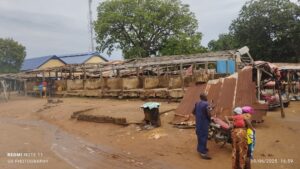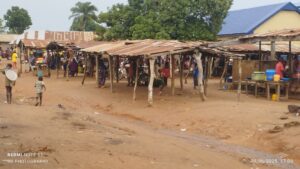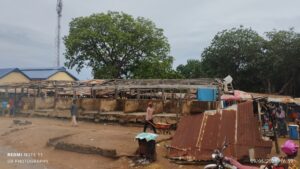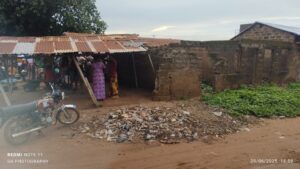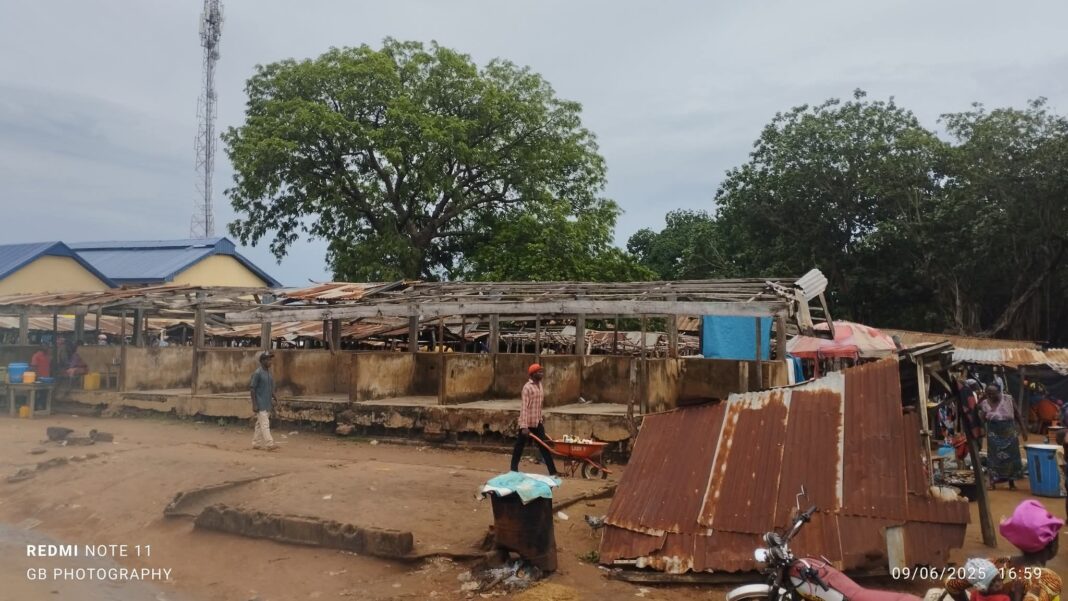Obagaji Market: A Community Hub in Ruin and the Urgent Call for Modernization
By Comr. Ochoche Echono
Obagaji, the administrative heart of Agatu Local Government Area, is home to a market that once pulsed with the vibrancy of commerce, culture, and community. Today, this vital space stands in ruins — the outdated and dilapidated stalls, rusted roofing sheets, and poor sanitation conditions tell a story of neglect and decay.
The market structures, made of weather-beaten planks and rusty zinc sheets, no longer serve the needs of modern trade or meet basic standards of safety and hygiene. Drainage is poor, refuse disposal is non-existent, and the overall environment discourages both buyers and sellers.
Yet, Obagaji Market remains a crucial economic and social nucleus. It connects rural producers to urban consumers, provides livelihoods for countless families, and holds cultural significance for the Agatu people.
The Drastic Effects of Neglect
Public Health Risks: The lack of sanitation and waste management fosters disease outbreaks.
Economic Stagnation: Traders lose income due to low patronage and poor infrastructure.
Youth Unemployment: The market’s poor condition limits entrepreneurial opportunities for young people.
Insecurity and Fire Hazards: The market is vulnerable to theft and fire outbreaks due to its fragile structures.
The Great Benefits of Revamping
Modernizing the Obagaji market would bring transformative benefits:
• Boosted Local Economy: Upgraded stalls and sanitation will attract more buyers and boost commerce.
• Job Creation: Construction, maintenance, and expanded trade activities will generate employment.
• Community Development: A modern market fosters pride, cooperation, and local innovation.
• Government Revenue: A more organized market would allow for better taxation and revenue generation.
The Way Forward
Reconstruction of market stalls with durable materials (brick, steel, concrete)
Installation of modern drainage and sanitation facilities
Provision of waste management systems
Security and lighting infrastructure
Micro-credit and training for local traders
